We join in a genetic study of mammals to conserve biodiversity
hace 5 yearsBlood and tissue samples have been taken from the dholes that will be analysed at the molecular laboratory of the Doñana Biological Station – CSIC
Terra Natura Benidorm has participated in a study that will allow large-scale genetic monitoring of mammals, which belong to the group of carnivorous animals. The project tries to preserve and conserve the biodiversity of these specific species, which according to the IUCN Red List of Endangered Species almost half of these animals – 45.2% specifically – are currently threatened.
The role of carnivores in the balance of ecosystems is essential because they have a high position within the food chain that develops in these environments. For this reason, it is necessary to implement conservation actions based on monitoring that can be standardised and applied to contribute to the maintenance of animal populations in natural environments.
As part of the study, Terra Natura Benidorm has extracted blood and tissue samples from the group of dholes (Cuon alpinus) so they can be analysed in the molecular ecology laboratory of the Doñana Biological Station – CSIC, located in Seville. The participation of the nature park in this project is part of the strategic lines of this centre, focused on promoting research and conservation of wildlife and their habitats.
Zoos contribute through this type of research to preserve the welfare and continuity of wild animal; with the data obtained in this study, where other European zoos have collaborated, a panel will be developed with the nuclear loci, which determines the position of a gene or a genetic marker of the species examined in order to assess genetic diversity.
The project, headed by Giovanni Forcina (CIBIO-InBIO, University of Porto) and coordinated by Jennifer Leonard (Biological Station of Doñana – CSIC), has analysed a panel of 30 loci in Iberian carnivores of different families in its first phase. The panel tested is suitable for investigating genetic issues in these animal populations. The second phase, in which Terra Natura Benidorm collaborates, tries to expand the initial sample with other carnivorous species such as dholes.
This study opens a new way towards the evaluation of genetic diversity and the standardization of molecular tools to carry out the evolution and monitoring of biological diversity.

